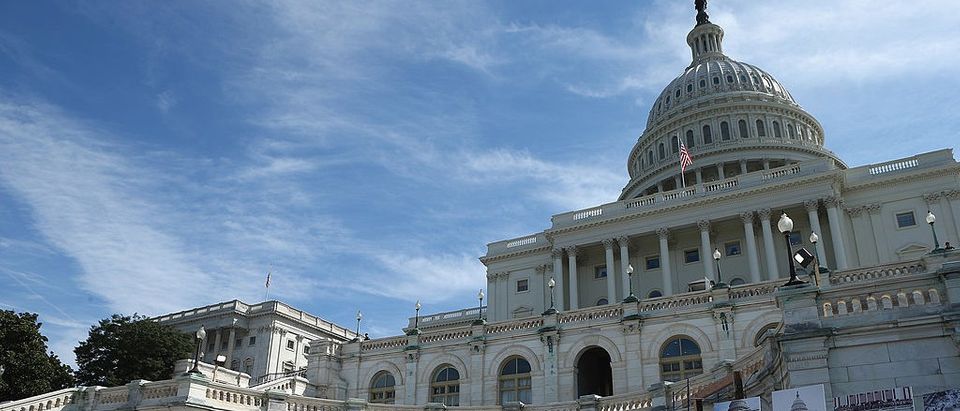Most people are disgusted with Congress. Just 13 percent of Americans approve of the job Congress is doing, and 78 percent disapprove. That’s about as bad as it’s ever been. This can’t be good news for our nation. To the extent that citizens lose faith in Congress it represents a deepening cynicism about our government — and it partially accounts for Donald Trump’s strong performance.
The question is whether the Congress is to blame for our nation’s problems. I don’t think so. Congress is just mirroring the disunity in the nation. Politics is downstream from culture.
It’s true that individual members of Congress could “rise above” their constituencies and vote according to their best judgment without regard for the majority views of their constituents. There is an important role for leadership. In Federalist 10, James Madison wrote that the role of the representative is to “refine and enlarge the public view.” Members of Congress should be more than just weather vanes. They should lead.
Yet too much independent thinking is a prescription for electoral defeat. Then the next representative can vote to reverse whatever tough measures were just taken. Constituents will only allow so much independence from their elected Representatives and Senators before voters throw them out.
The House Freedom Caucus, Senator Ted Cruz and the other Tea Party members of Congress are reflecting their constituents. So are Senators Bernie Sanders and Barbara Boxer. Each channels a voting bloc, more or less perfectly, with a particular worldview. The downstream effect is manifested in both public policy and the rancorous debate formulating those policies.
Look upstream. Median household credit card debt is $3,500. The personal savings rate hovers around five percent – an enormous slide from the 17 percent high point in 1975. Yet we’re shocked to see the government running huge deficits, piling up debt for our grandchildren. We somehow expect the government to behave better than we do. That’s not how representative government works.
The problem is that we are a nation of competing worldviews. Roughly half of the nation identifies as pro-life and the other half as pro-choice. About half oppose same-sex marriage and half support it. Same with taxes, gun control (to a lesser extent), or troop deployments overseas. We are a divided nation. The tumult in Congress is just the heart of our society writ large. We get the government we deserve. If you don’t like Congress, you may not like many of your fellow citizens.
But many Americans don’t experience that tension in their community — they only see it in politics when they turn on cable news. That’s because many parts of the country are fairly homogenous and other points of view are not readily apparent. As Charles Murray noted in Coming Apart, we tend to associate with like-minded people. It’s natural for us to assume that our peer group is representative of the country at-large. Natural, yes, but also wrong.
During the impeachment trial of then President Bill Clinton in 1998, my parents who lived in a very conservative community in Pennsylvania said they did not know even one person who opposed impeachment. Someone living in a liberal community would likely have said just the opposite.
After the 1972 election, New Yorker film critic Pauline Kael famously said, “I only know one person who voted for Nixon.” Even when we are rubbing shoulders with people of divergent political views, most people prefer avoiding the topic.
Congress puts the lie to the notion that we are a united people presided over by self-serving politicians who can’t seem to get along. In Congress, we see all of the varied viewpoints finding their unvarnished expression.
If you live in a liberal community, you may be mystified at the House Freedom Caucus members, those most conservative of House Members who proudly brought down Speaker Boehner and are willing to shut down government in pursuit of their goals. If you live in a conservative community, you may be equally mystified that Democrats are filibustering appropriations bills because they don’t spend enough money.
Politics can be unpleasant, but it’s only because we are trying to figure out how to do e pluribus unum — “out of many, one.” We are many. Congress represents our awkward attempt to be one. Our culture is a cauldron of competing views vying for the soul of the nation. It’s said that there are two things you don’t want to watch being made: sausage-making and law-making. Mercifully, sausages are not made on TV, but C-SPAN covers every painful minute of Congress.
Before you toss out your next careless epithet about Congress, take a look at your fellow citizen — and yourself — and remember that politics is downstream from culture.
William Wichterman has worked on and around Capitol Hill for almost 30 years.


